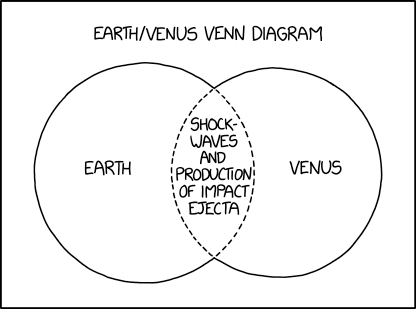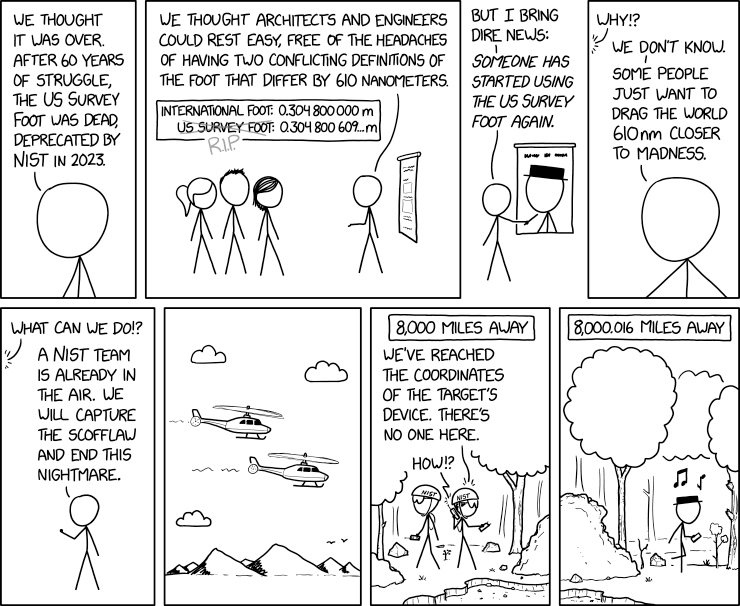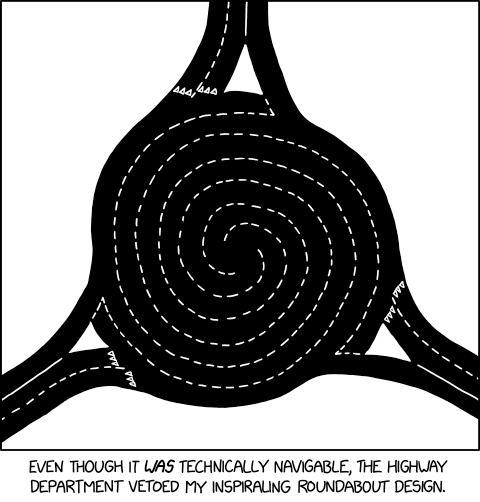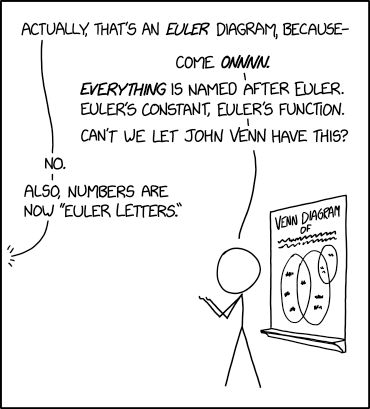| archive - contact - sexy exciting merchandise - search - about |

| ← previous | October 9th, 2024 | next |
October 9th, 2024: I'll be at New York Comic Con in NYC and then in November I'll be at YALLFEST in Charleston, SC! Maybe you will too? Maybe we can... MEET?? – Ryan | ||





